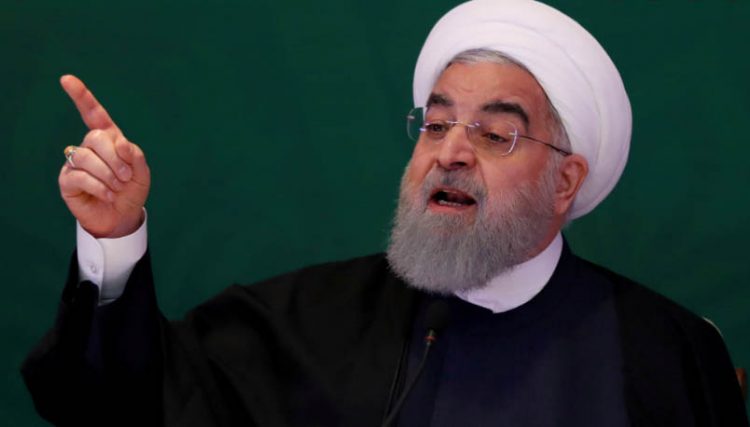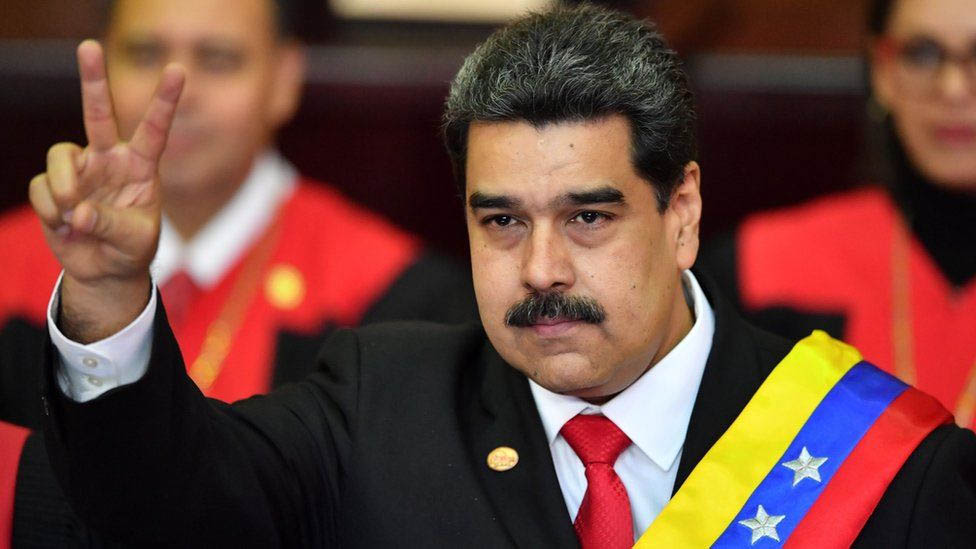As United States pressure mounts on the Maduro administration, Venezuela is investing more in relations with Iran in what is likely to be seen by Washington as a signal that the administration in Caracas will be seeking in the new year to protect itself from further US economic pressures.
Late in December, Venezuelan President Nicolas Maduro announced that he will shortly be visiting Iran in order to finalise agreements with Tehran on cooperation between the two countries that will further consolidate the support that Venezuela receives from Iran in its effort to push back the US economic squeeze.

In the course of the protracted resistance which the Maduro administration has demonstrated in the face of pressure from Washington, Iran has emerged as Venezuela’s staunchest international ally, offering vital equipment for Venezuela’s oil sector which has reportedly been providing crude oil to Tehran.
Maduro is quoted as saying at a recent public forum that that his visit to the Islamic Republic is being undertaken “to hold conversations and sign new agreements … and speed up processes of cooperation.”
In what may evolve into another strategic move designed to help deflect US pressure, Maduro has also disclosed that during this year, Venezuela will be seeking to reactivate cooperation with the Arab world as a whole.
Late last year Iran’s Foreign Minister Hossein Amir-Abdollahian announced at a news conference that a joint economic cooperation commission with Venezuela will be set up in the Iranian capital before the end of the year. Iran’s President Hassan Rouhani is also quoted as saying that the establishment of a Joint Economic Commission between the two countries would greatly help expand Caracas-Tehran relations.






